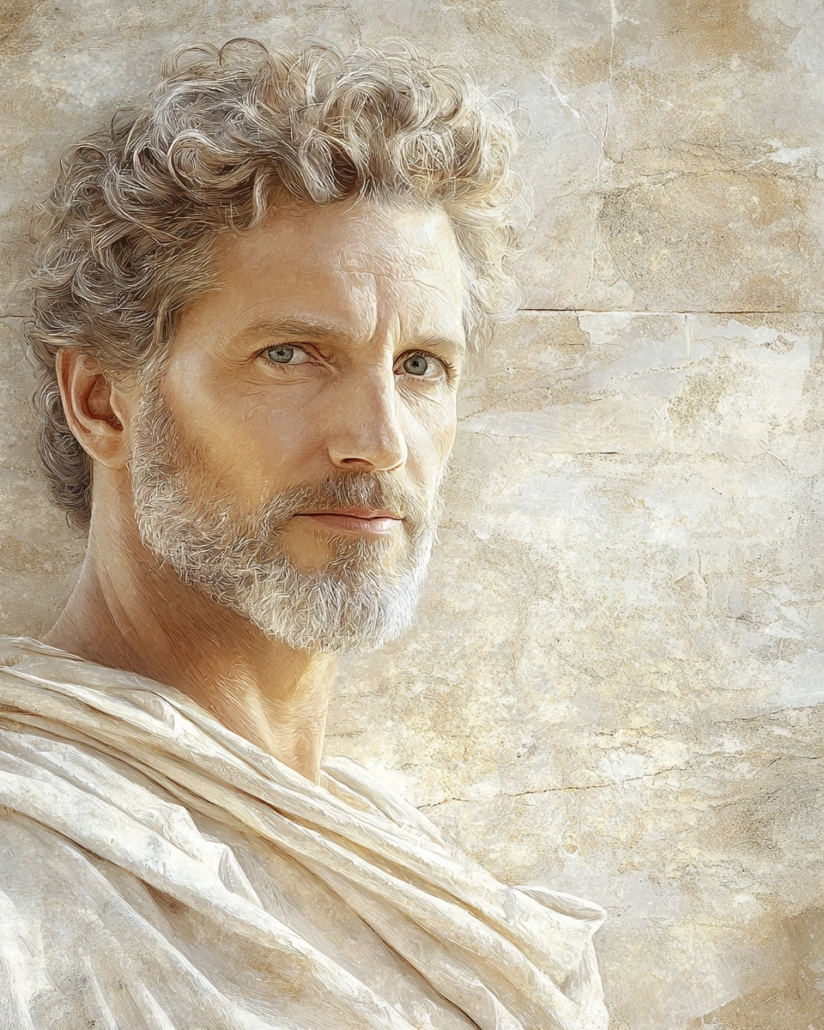Discover Lucius Annaeus Novatus’ Stoic Life and Teachings ⚖️
Life and Stoic Teachings
Lucius Annaeus Novatus (born c. 5 BCE – died c. 65 CE) was a notable Roman Stoic philosopher and the brother of the renowned Seneca the Younger. Known for his dedication to Stoic principles, Novatus emphasized self-control, ethical living, and inner peace as the foundations of a meaningful life. His Stoic ideas, shared with his family and broader society, contributed significantly to Roman philosophy.
Historical Context and Influence
Novatus, later known as Lucius Annaeus Seneca, was born in Corduba (modern-day Córdoba, Spain) and spent much of his life in Rome, where he studied under prominent Stoic teachers like Attalus and Sotion. These influences shaped his Stoic philosophy, which centered on self-restraint and ethical conduct, values he carried forward in his role within the Roman Empire. His ideas left a profound mark on Roman thought and resonated widely. Deepen: Wikipedia
Why are His Teachings and Views So Valuable?
Lucius Annaeus Novatus’ emphasis on emotional resilience and self-discipline has timeless appeal. His teachings offer modern readers guidance on managing emotions and finding calm amidst life’s challenges, making his philosophy a powerful tool for personal development. Read more: Stoicism Today
Key Teachings
The Stoic thinker focused on cultivating inner strength and regarded virtue as the highest good. Lucius Annaeus Novatus believed that by following reason and rejecting harmful emotions, one could live a balanced and ethical life. These values, which he shared with his more famous brother Seneca, shaped the Roman approach to Stoicism.
Legacy
- “Novatus inspired not only his contemporaries but also later thinkers like Epictetus and Marcus Aurelius.”
- “His ideas on self-mastery and emotional control have left a lasting mark on Stoicism.”
- “Through his teachings on reason and virtue, Novatus helped develop a more personal, ethical Stoicism.”
Cardinal Virtues Embodied by the Philosopher
- “Wisdom – Novatus pursued a deep understanding of nature and reason.”
- “Justice – He was committed to fairness and right action.”
- “Courage – Despite challenges, he stayed true to his principles.”
- “Temperance – Mastery over emotions was central to his philosophy.”
Quotes attributed to him
- “A calm mind is the greatest wealth.”
- “Only the wise are truly free.”
- “Virtue alone is the highest good.”


